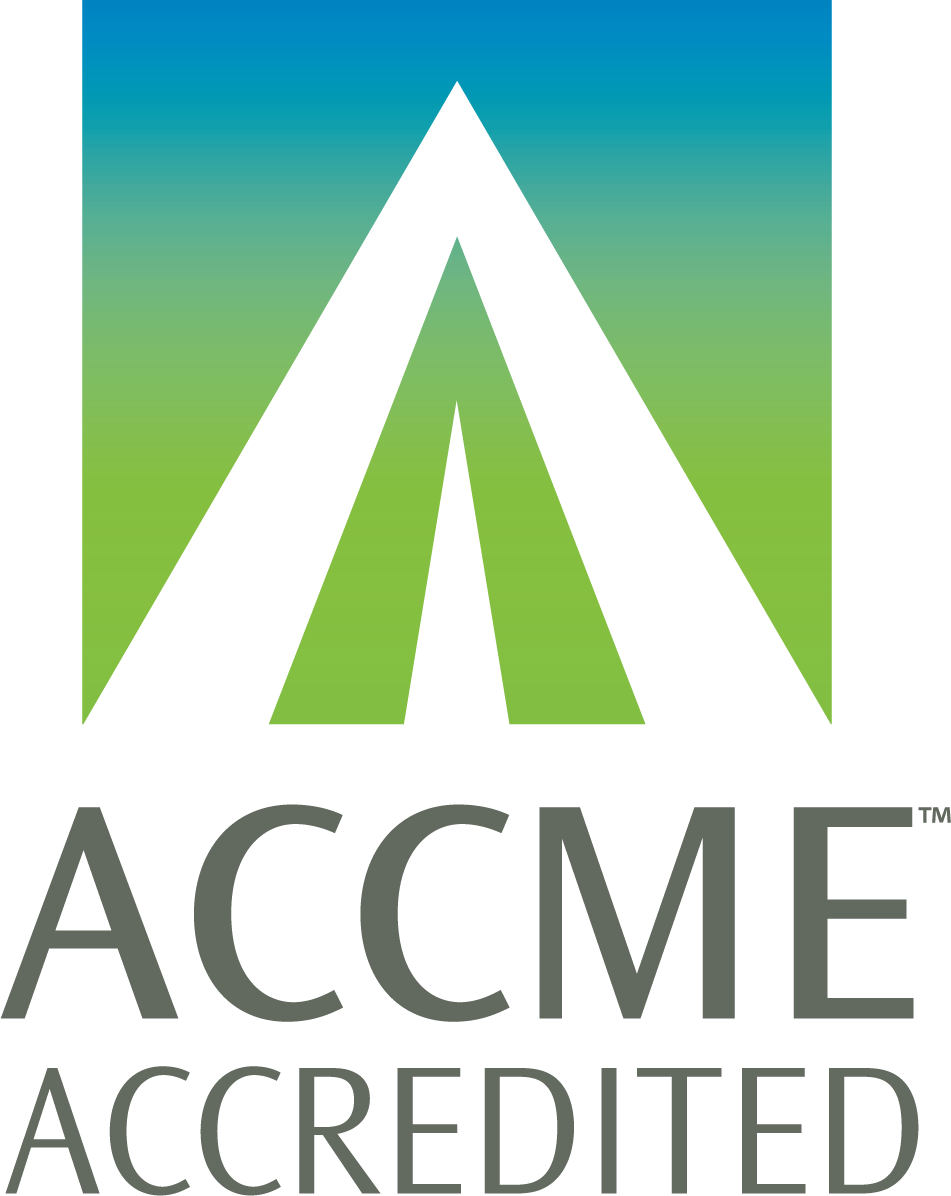Description
Provided by Parkinson & Movement Disorder Alliance
Although atypical parkinsonisms share features with Parkinson’s disease, they have distinct disease courses and symptom profiles and require tailored clinical approaches. This session considers the differential diagnosis and treatment of multiple system atrophy, progressive supranuclear palsy, corticobasal degeneration, and spinocerebellar ataxia.
Estimated time to complete activity: 30 minutes
Accreditation Statement
 In support of improving patient care, this activity has been planned
and implemented by PMD Alliance. PMD Alliance is accredited by the Accreditation Council for Continuing Medical Education (ACCME) to provide continuing medical education for physicians.
In support of improving patient care, this activity has been planned
and implemented by PMD Alliance. PMD Alliance is accredited by the Accreditation Council for Continuing Medical Education (ACCME) to provide continuing medical education for physicians.
Credit Designation
Physician Continuing Medical Education
PMD Alliance designates this course for a maximum of .5 AMA PRA Category 1 Credit(s)™.
Physicians should claim only the credit commensurate with the extent of their participation in the activity.
Target Audience
This course is for movement disorder specialists, neurologists, advanced practice providers, and other healthcare professionals involved in the care of patients with a movement or related disorder.
Educational Objectives
After completing this activity, the participant should be better able to:
- Differentiate atypical parkinsonian syndromes from idiopathic Parkinson's disease using key diagnostic criteria, clinical features, and imaging findings
- Interpret radiologic and genetic findings relevant to the diagnosis of atypical parkinsonisms and related ataxias
- Develop individualized management strategies for patients with atypical parkinsonian syndromes, incorporating evidence-based treatment algorithms and symptom-specific interventions
Faculty
David Shprecher, DO, Msci, FAANDirector for Banner Research and Clinical Associate Professor for University of Arizona-Phoenix
David Shprecher, DO, MSci, FAAN is Movement Disorders Director for Banner Research and Clinical Associate Professor for University of Arizona-Phoenix. Dr. Shprecher completed a doctor of osteopathic medicine degree at Lake Erie College of Osteopathic Medicine and a Neurology residency at the University of Utah. He completed his movement disorders/experimental therapeutics fellowship and Masters in Clinical Investigation at the University of Rochester.
Inspired by personal experience as an individual with Tourette syndrome, he has dedicated his career to improving treatment options and quality of life for movement disorder patients. His collaborative research is aimed at improving early diagnosis and treatment of Parkinson's and related diseases. The ultimate goal: to develop a treatment that can significantly delay, or prevent, onset of these illnesses entirely.
Disclosure of Relevant Financial Relationships
Parkinson and Movement Disorder Alliance (PMD Alliance) requires faculty, planners, and others in control of educational content to disclose all their financial relationships with ineligible companies. PMD Alliance is committed to providing its learners with high quality accredited continuing education activities and related materials that promote improvements or quality in healthcare and not a specific proprietary business interest of an ineligible company.
Faculty reported the following relevant financial relationships with ineligible entities related to the educational content of this CME activity:
- David Shprecher, DO
- Site investigator for research supported by Annovis, Biogen, Cognition Therapeutics, EIP Pharma, Jazz Pharmaceuticals, Neuron23, Neuraly, and Noema
- Speakers’ Bureau, consultant, and/or advisory board member for Amneal, Cognition Therapeutics, Ipsen, Kyowa Kirin, and Neurocrine
Planners reported the following relevant financial relationships with ineligible entities related to the educational content of this CME activity:
- Leslie Cloud, MD
- Site investigator for research supported by Amneal and Intracellular Therapies
- Speakers’ Bureau, consultant, and/or advisory board member for Amneal
- Britt Stone, MD
- Speakers’ Bureau, consultant, and/or advisory board member for Boston Scientific
- Jason Rivera, MPH
- No disclosures to report
- Clarisse Goas, NP
- Principal or site investigator for research supported by AskBio
- Speakers’ Bureau, consultant, and/or advisory board member for Mitsubishi Tanabe Pharma America
- Anissa Mitchel, LCSW
- No disclosures to report
- Kelly Papesh, DNP
- Speakers’ Bureau, consultant, and/or advisory board member for Mitsubishi Tanabe Pharma America
- Mary Ann Chapman, PhD
- Consultant for Allergan Aesthetics
- Fernando Pagan, MD
- Site investigator for research supported by Amneal and Kyowa Kirin
- Other grant support from Medtronic
- Speakers’ Bureau, consultant, and/or advisory board member for AbbVie, Acadia, Amneal, Acorda, Kyowa Kirin, Teva, Supernus, Merz, and Neurocrine
- Yasar Torres-Yaghi, MD
- No disclosures to report
PMD Alliance has received non-CME educational funding and support from ineligible companies. This support is not tied to continuing medical education. These relationships have been mitigated and do not influence CME content.
All identified relevant financial relationships are thoroughly vetted and mitigated according to PMD Alliance CME Program standard operating procedures.
Disclosure of Unlabeled Use
This educational activity may contain discussion of published and/or investigational uses of agents that are not indicated by the FDA. The planners of this activity do not recommend the use of any agent outside of the labeled indications. The opinions expressed in the educational activity are those of the faculty and do not necessarily represent the views of the planners. Please refer to the official prescribing information for each product for discussion of approved indications, contraindications, and warnings.
Commercial Support
This activity is supported by independent medical education grants from Merz, AbbVie, Kyowa Kirin, and Mitsubishi Tanabe Pharma America.
Disclaimer
Participants have an implied responsibility to use the newly acquired information to enhance patient outcomes and their own professional development. The information presented in this activity is not meant to serve as a guideline for patient management. Any procedures, medications, or other courses of diagnosis or treatment discussed or suggested in this activity should not be used by clinicians without evaluation of their patient's conditions and possible contraindications and/or dangers in use, review of any applicable manufacturer's product information, and comparison with recommendations of other authorities.
Request for Credit
In order to obtain your CME certificate, please follow the directions provided at the conclusion of the course.
If you have questions regarding the certification of this activity, please contact PMD Alliance at education@pmdalliance.org

